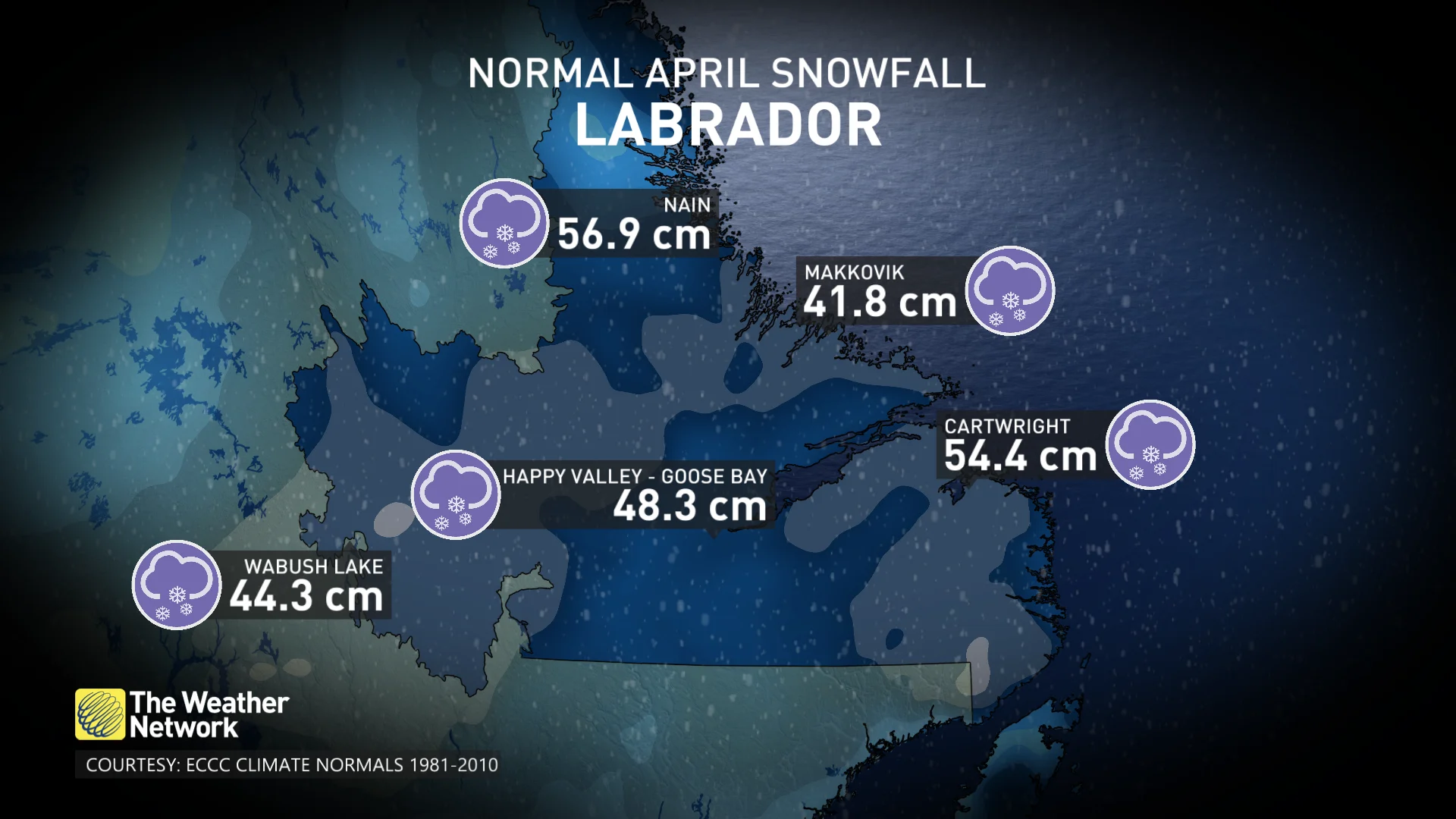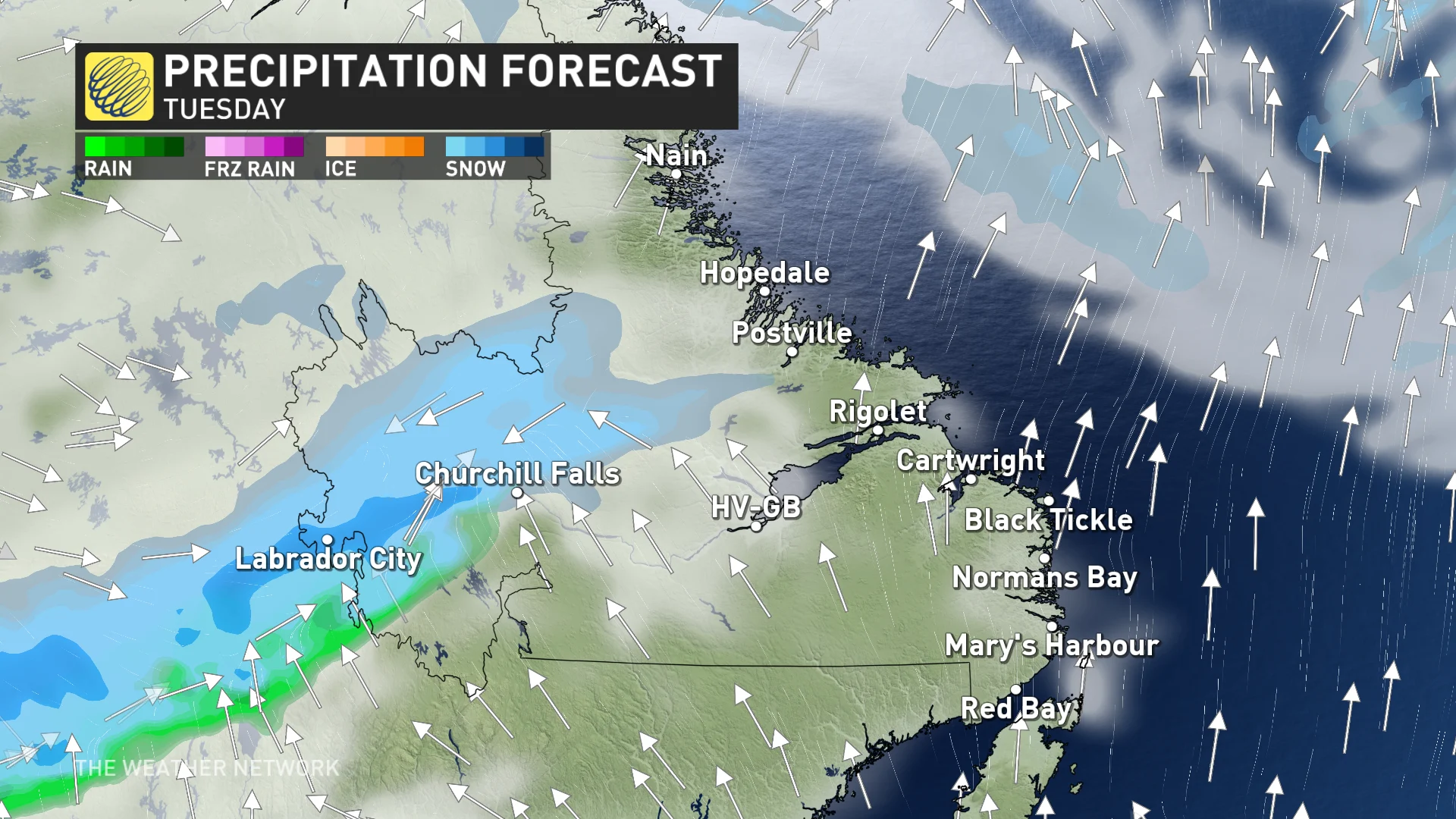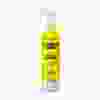News
In arguably biggest test of new NAFTA, Canada and Mexico defeat U.S. in auto rules dispute
|
|
Canada, Mexico and auto companies have been declared the winners in arguably the most important trade dispute under the new NAFTA, landing the U.S. on the losing side in a case about calculating the origin of auto parts.
The long-expected decision was known for weeks to the parties involved, yet it was withheld from public release until after North American leaders appeared together at a summit this week in Mexico.
It involves small print with big consequences for the industry at the heart of the continental trade agreement: Automobiles.
At its core, the dispute was about how hard to push car companies to use parts from North America, at a time when countries are seeking to pry back manufacturing jobs.
The specific case involved two conflicting methodologies for calculating the origins of a car’s parts: One stricter, one easier.
Americans took a hard line. The U.S. wanted the toughest interpretation of the rules, which would force cars to include more North American parts to avoid a tariff.
Mexico fired off a suit against the U.S., calling its method damaging, costly to companies and counterproductive to the continent’s car industry.
Canada joined the suit. Car companies eagerly supported the suit. And the complainants ultimately won.
Canada, Mexico and the auto industry are now celebrating the ruling from a five-member international panel.
In a decision declared Dec. 14, but only released Wednesday, the panel said that the United States breached the new Canada-U.S.-Mexico agreement (CUSMA) when it tried imposing new rules.
The ruling pointed to a piece of evidence submitted by Canada: an email sent by a U.S. official that supported the complainants’ claim that all three countries originally understood they were agreeing to the simpler formula.
“Today’s decision is a good decision for the industry,” International Trade Minister Mary Ng told reporters in Mexico City. “It’s what we negotiated.… Clarity in the rules — it’s what today’s decision provides.”
It’s the second win for Canada under the new trade agreement; Canada also won a case on solar panels, though it was the main loser in a dairy dispute with the U.S.
The verdict comes as little surprise. The countries have been aware of it for weeks and, while it was still officially confidential, a Mexican cabinet minister blurted it out to a newspaper there late last year.
The trade community is now awaiting U.S. reaction, with its eagerly anticipated response being seen as an early litmus test of the reliability of the CUSMA dispute system.
Early reaction was vague from the Office of the U.S. Trade Representative (USTR): It did not spell out its next move, but called the decision disappointing.
“[This] could result in less North American content in automobiles, less investment across the region and fewer American jobs,” said the U.S. statement.
“We are reviewing the report and considering next steps. We will engage Mexico and Canada on a possible resolution.”
Background of the case
The dispute stemmed from the aftermath of the new NAFTA, originally reached in 2018 under the Trump administration.
The new trade pact requires more parts from North America to avoid a tariff, part of Trump’s protectionist push for more domestic manufacturing.
Yet the U.S. stunned its partners and the car companies after the deal was already signed: It insisted upon an unexpectedly strict interpretation of the terms.
Imagine a car part qualifies as North American because 85 per cent of its sub-components come from this continent. Under the pact, that part faces no tariff.
But then there’s a subsequent, bigger calculation for the entire car: Does the vehicle, as a whole, have enough North American content to avoid a tariff?
In making that calculation, when adding up parts of the car, how much does that smaller piece counts toward the car’s total amount of North American content?
The U.S. argued it should be 85 per cent. Others insisted on the so-called roll-up method: if that piece is deemed North American, then it should count fully as 100 per cent North American.
They say they were caught off-guard when, long after the deal was signed, the U.S. suddenly insisted on its tougher formula.
Mexico’s suit complained that this was not part of the agreement and represented an absurdly complicated regulatory burden.
It said car companies don’t need to be brow-beaten into building cars here when they’ve already invested massively in recent years in new North American production: “This development is particularly nonsensical [now].”
Canada: U.S. was trying to sneak in changes
Canada’s submission includes correspondence as evidence that the parties were stunned when the U.S. presented this new formula in 2020, after the pact had already taken effect.
“This reinterpretation came as a surprise to Canada, Mexico and the entire automotive industry,” said the Canadian submission.
The Canadian submission also implies the Americans may have been sneakily, belatedly, trying to tilt the deal in their favour. It argues that making trade more complicated benefits manufacturing in the country with the largest domestic market.
If it becomes more difficult to ship across borders, the Canadian suit argues, that’s an incentive for companies to simply produce in the market with the most customers: in this case, the U.S.
The Americans argued that their formula would help North America’s workers versus those overseas.
The U.S. submission said the stricter formula would result in significantly more North American content per car — anywhere between eight and 33 per cent.
It said the other countries’ looser formula means billions of dollars in lost manufacturing opportunities each year on this continent.
Group blasts Canada, Mexico case as anti-worker
One American-based group that promotes domestic manufacturing expressed frustration that Mexico and Canada launched this case.
Charles Benoit, a Canadian-born trade lawyer with the group Coalition for a Prosperous America, said those two countries sided with multinational companies over workers here.
“It’s disappointing,” Benoit said. “Mexico and Canada’s trade ministries didn’t stop to think about their own supply-chain producers and workers before bringing this case on behalf of global automakers.”
He voiced concern that this means more imports from abroad, including from China, undermining efforts to revive manufacturing.
But it’s complicated.
Industry players warn that making compliance more expensive holds unwanted negative consequences. They say more onerous rules would just force car companies to produce offshore to remain cost-competitive.
At some point, manufacturers would conclude it’s cheaper to bring parts from overseas and pay the tariff, said Flavio Volpe, head of AMPA, Canada’s auto-parts lobby group.
Auto industry: U.S. demands would have driven industry away
The tariff rate for cars is 2.5 per cent in the U.S. and 6.1 per cent in Canada.
The new pact is already a massive win for this continent’s parts manufacturers, said Volpe, as evidenced by the investment spree now happening in North American plants.
The U.S.-imposed requirements could have undermined this, he said, noting the panel’s verdict is good for North America.
“It’s a win for the automotive parts sector in all three countries. And also provides a win for stability in the new USMCA,” Volpe said.
“Instead of saying, ‘Hey, two years into the USMCA, we have the U.S. reinterpreting it and changing the deal.'”





News
Peel police chief met Sri Lankan officer a court says ‘participated’ in torture – Global News
The head of one of Canada’s largest police forces met with a Sri Lankan inspector general of police who two weeks earlier had been found by the South Asian country’s highest court to have “participated in the torture” of an arrested man.
Photos published by Sri Lankan media, including the Ceylon Today, an English-language daily newspaper, show Peel Regional Police Chief Nishan Duraiappah in uniform posing alongside senior Sri Lankan officers on Dec. 29, 2023 at police headquarters in the capital Colombo – a visit a Peel police spokesperson says Global Affairs Canada and the RCMP had been made aware of ahead of time.
One of the law enforcement officials in the photos was the inspector-general of Sri Lankan police, Deshabandu Tennakoon, who earlier that month was ordered to pay compensation for taking part in “mercilessly” beating a man.
Peel Regional Police Chief Nishan Duraiappah signs a guestbook at Sri Lankan police headquarters in Colombo, as the country’s inspector general Deshabandu Tennakoon stands behind him. Sri Lanka’s Supreme Court found he took part in the torture of an arrested man. (Credit: Ceylon Today).
Ceylon Today
On Dec. 14, 2023, Sri Lanka’s Supreme Court ruled Tennakoon was involved in the brutal arrest of a man suspected of theft, holding him in what the court called the “torture chamber” of the police station for more than 24 hours, striking and suffocating him, and rubbing chili powder on his genitals.
Dr. Thusiyan Nandakumar, a physician who also runs the London, U.K.-based outlet the Tamil Guardian, called it a “stain on Canada’s reputation.”
“To see someone of (Duraiappah’s) stature receive a guard of honour from that very same institution that’s responsible for so many abuses was shocking, to say the least,” Nandakumar said.
Duraiappah declined Global News’ request for an interview. In a statement, a Peel Regional Police spokesperson called his trip to Sri Lanka “personal” and said there is “no ongoing initiative or collaboration between Peel Regional Police and any organization in Sri Lanka.”
Peel Regional Police Chief Nishan Duraiappah wears his uniform and walks by Sri Lankan soldiers in a visit Peel police describe as a “personal” trip. (Credit: Ceylon Today).
Ceylon Today
Duraippah was photographed multiple times during his visit wearing his Peel police uniform.
Rathika Sitsabaiesan – a former NDP MP and Canada’s first Tamil member of Parliament – says when someone wears a uniform, “you’re representing the organization for which you are the chief.”
Duraippah is the only police chief of Sri Lankan descent outside the South Asian nation, according to Peel police, which operates in Mississauga and Brampton, Ont.
“(It’s) very harmful to me as a Canadian, as someone who grew up in the region of Peel, and all the people who continue to live in Peel and who identify as Tamil, in my opinion,” Sitsabaiesan said.
The Peel spokesperson said Duraiappah accepted an invitation from Sri Lankan police officers while he was on a family vacation to the country of his birth.
More on Canada
The spokesperson would not confirm when asked if Duraiappah had met directly with Tennakoon beyond the photos, which show them holding a plaque together and Tennakoon standing behind Duraiappah while he signed a guestbook.
It’s not clear whether the event photographed was the only meeting or whether any additional ones were held, including whether Duraiappah and Tennakoon met outside of the moment they were photographed together.
Another Peel spokesperson added that “the Chief discussed the requests for meetings received with Global Affairs Canada and the RCMP.”
The RCMP says the force provided information to Duraiappah about Tennakoon, including about the recent court ruling, ahead of time.
“The Government of Canada did not organize the visit, which was considered a personal visit. However, given the RCMP’s close working relationship with Peel Regional Police, the RCMP Liaison Officer for Sri Lanka offered to facilitate Chief Duraiappah with arrangements involving police agencies in Sri Lanka,” an RCMP spokesperson said in response to questions from Global News.
“Information was provided to Chief Duraiappah for his situational awareness about recent developments in Sri Lanka, including the Sri Lankan Supreme Court’s ruling on Chief Tennakoon.”
Global Affairs Canada also said the visit was “personal.”
“The Government of Canada did not organize the visit” and “as is customary for meetings with high-level officials, staff from the High Commission of Canada to Sri Lanka accompanied the Chief as a courtesy,” Global Affairs Canada spokesperson Marilyn Guèvremont said.
Sitsabaiesan says “alarm bells should have gone off” given the country’s human rights record.
In October 2022, Canada adopted a United Nations Human Rights Council resolution calling on Sri Lanka to address the “human rights, economic and political crises” in the country.
The following year it sanctioned four government officials for “human rights violations on the island” and commemorated the Tamil Genocide Remembrance Day for the first time – marking the deaths of tens of thousands of Tamils during the country’s 26-year civil war.
“Canada is well-versed in the crimes that took place. It’s not something that Ottawa is blind to,” Nandakumar said.
While it’s not unusual for western officers to visit, collaborate or train police forces in developing countries, some have recently distanced themselves from Sri Lankan authorities.
In 2021, Scotland ended its training program for officers in the country over allegations of human rights abuses.
In January of this year, the United Nations criticized Sri Lankan police for their “heavy handed” anti-drug crackdown, with reports of arbitrary arrests, torture and public strip searches.
Tennakoon’s recent appointment as police chief shows “much about how law enforcement authorities in the island operate with impunity,” Neil DeVotta, an expert on South Asia and politics professor at Wake Forest University in North Carolina, said in an e-mail to Global News.
Nandakumar says the Peel chief’s visit to the Sri Lankan police headquarters raises questions about judgement.
“When a senior Canadian official goes to meet with forces accused of such egregious crimes … to see something like that take place, it was very disconcerting.”
“I think an apology is needed,” he said.
News
Body believed to be missing B.C. kayaker found in U.S., RCMP say – CBC.ca


The RCMP say a body that was recovered by authorities in Washington state is believed to be one of two kayakers reported missing off Vancouver Island on Saturday.
Const. Alex Bérubé said the identity of the body found on San Juan Island, just south of the border, is still to be confirmed by the coroner.
A search has been underway in the waters off Sidney, B.C., about 25 kilometres north of Victoria, since the two kayakers were reported missing.
RCMP previously said Daniel MacAlpine, 36, and Nicolas West, 26, went missing while kayaking from D’Arcy Island to View Beach on Saturday afternoon. They were in a teal blue, fibreglass, two-person kayak.
Police said members of the Central Saanich Police Department and Peninsula Emergency Measures Organization search and rescue were involved in the search, and the Joint Rescue Co-ordination Centre and Canadian Coast Guard were also assisting.
News
Some Canadians will be digging out of 25+ cm of snow by Friday – The Weather Network
Digital WritersThe Weather Network


Prepare for multiple rounds of April snowfall this week, as Labrador braces for wintry conditions. This onslaught of snow is expected to blanket the region, potentially leading to hazardous travel conditions and disruptions throughout the week
As we march even deeper into the heart of the spring season, many parts of Canada are finding it tough to find any consistent signs of warming weather. Add to the mix periods of snow and wintry precipitation, and it’s safe to say the winter season is certainly not going out without a strong fight.
This week, parts of the East Coast will bear the brunt of the winter weather, with multiple rounds of April snowfall stacking up in Labrador. The chances for snow flurries will stick around all week long, bringing as much as 25 cm for some.
MUST SEE: Extreme pattern over Arctic produces 50+ degree temperature spread
Although 25+ cm of snow in April may seem extreme, for this part of the country, it’s definitely nothing out of the ordinary. In fact, the month as a whole brings about 40-50 cm of snow to Labrador on average.


Some communities, including Nain, even have snowfall chances stretch all the way into June!
“This week will be a little bit different however, as some regions could reach about half of Labrador’s monthly averages alone,” says Rachel Modestino, a meteorologist at The Weather Network. “The first round on Tuesday will pack quite the punch, with heavy snow and gusty winds stretching from Labrador city to the coast.”


Winds will be gusting between 70-90 km/h at times, and travel conditions will likely deteriorate quickly due to potential whiteouts and reduced visibility.
-



 Science22 hours ago
Science22 hours agoOsoyoos commuters invited to celebrate Earth Day with the Leg Day challenge – Oliver/Osoyoos News – Castanet.net
-



 Politics22 hours ago
Politics22 hours agoHaberman on why David Pecker testifying is ‘fundamentally different’ – CNN
-
News23 hours ago
Freeland defends budget measures, as premiers push back on federal involvement – CBC News
-
Economy23 hours ago
The Fed's Forecasting Method Looks Increasingly Outdated as Bernanke Pitches an Alternative – Bloomberg
-



 Health21 hours ago
Health21 hours agoIt's possible to rely on plant proteins without sacrificing training gains, new studies say – The Globe and Mail
-
Business22 hours ago
Gildan replacing five directors ahead of AGM, will back two Browning West nominees – Yahoo Canada Finance
-



 Tech21 hours ago
Tech21 hours agoMeta Expands VR Operating System to Third-Party Hardware Makers – MacRumors
-



 Tech23 hours ago
Tech23 hours agoWe tried these three beauty products this week. Here are our thoughts – Vancouver Sun








